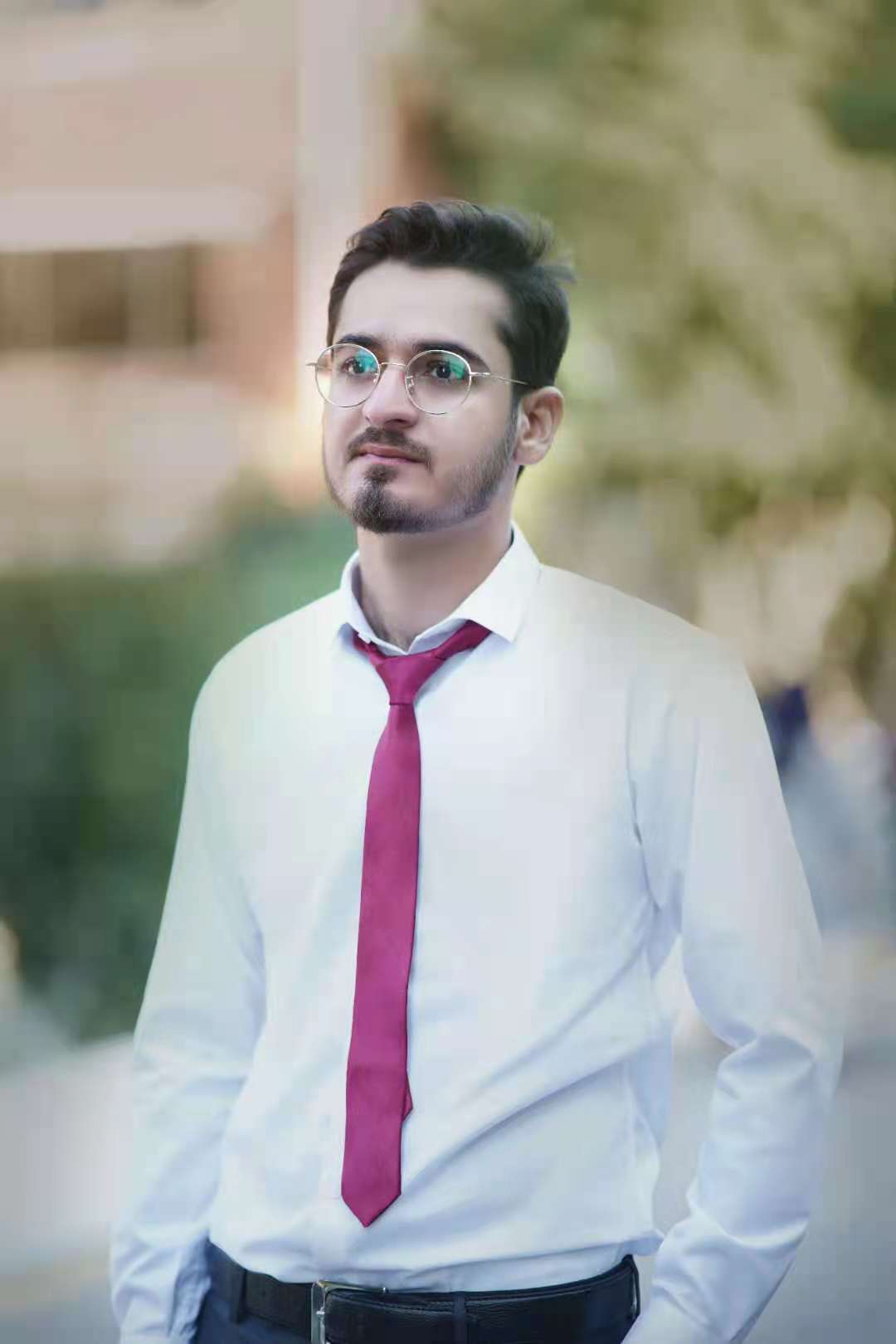The Computational Electronic Structure Theory (CEST) group at Aalto University is hiring a doctoral candidate. In this position, you will work in the EU Marie Curie training network EUSpecLab. You will have a chance to make an impact on heterogeneous catalysis. Heterogeneous catalysis is an important industrial process for the production of chemical compounds and the conversion of chemicals. Our objective is to develop a data-driven approach for analysing infrared spectra of in-situ catalyst characterization.
Your role and goals
You will be developing data science and machine learning approaches for spectroscopy, in particular infrared spectroscopy for in-situ characterization. For training the machine learning models, you will generate datasets with electronic structure theory. You will manage large-scale supercomputer simulations alongside AI algorithms and data analytics tools and discuss results with experimental collaborators. The position is part of the EUSpecLab ITN and you will participate in the network’s training program. Secondments to Halle University and Toyota Motor Europe NV are planned.
Your experience and ambitions
We welcome candidates with a Master’s degree in (computational) physics, chemistry or materials science who are curious about applied machine learning in the natural sciences. Prior machine learning or Python experience is a strong bonus, but not a must. We seek colleagues who enjoy coding, scripting and analytics, and are keen to push the boundaries of data-driven materials science and machine learning in spectroscopy. This project requires creative thinking and programming, as well as technical expertise in materials simulations, machine learning and a broad understanding of surface science and catalysis. We further appreciate willingness to travel, teach and mentor, collaborate and communicate science.
What we offer
In the Computational Electronic Structure Theory (CEST) group, led by Prof. Patrick Rinke, we advance electronic structure theory and machine learning to pursue innovative applications towards future technologies. We are a multi-cultural and cross-disciplinary team, with complementary subgroups and talents. Our group is part of the Finnish Center for Artificial Intelligence (https://fcai.fi/) and you will be embedded in a lively community at the crossroads of AI, chemistry, physics and materials science. You will train in machine learning applications with experienced developers, meet our global network of collaborators, join us at scientific meetings, help us organize research workshops and get involved in academic and diversity outreach. In combination with the academic development courses at Aalto University, we will help you grow a competitive and international career profile.
The fixed term contract is initially for two years. The total duration of Ph.D. studies is four years. The annual workload of research and teaching staff at Aalto University is currently 1612 hours. Aalto University follows the salary system of Finnish universities. The contract includes Aalto University occupational healthcare. The primary workplace will be the Otaniemi Campus at Aalto University.
Ready to apply?
To apply for the position, please submit your application including the attachments mentioned below as one single PDF document in English.
(1) Letter of motivation
(2) CV including list of publications
(3) Degree certificates and academic transcripts
(4) Contact details of at least two referees (or letters of recommendation, if already available)
The deadline for applications is June 6, 2022. The position will be filled as soon as a suitable candidate is identified. For additional information, kindly contact Prof. Patrick Rinke. Aalto University reserves the right for justified reasons to leave the position open, to extend the application period, reopen the application process, and to consider candidates who have not submitted applications during the application period.
Apply:
https://www.aalto.fi/en/open-positions/doctoral-candidate-in-machine-learning-for-spectroscopy
Related articles:


